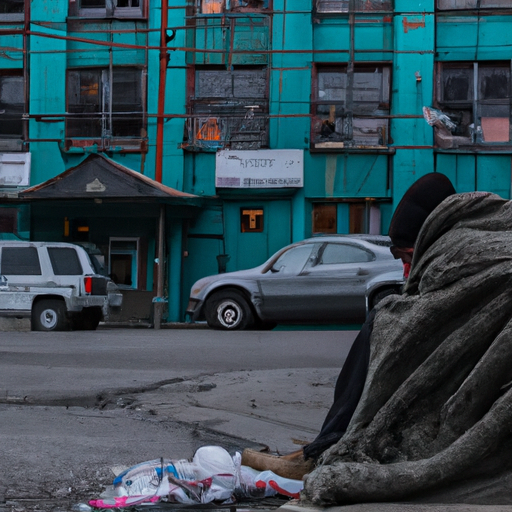The Rising Opioid Crisis in Canada: An Initiative Towards Change
With the burgeoning opioid crisis in Canada, it’s becoming increasingly incumbent on both corporate entities and governing bodies to implement resourceful and sustainable strategies aimed at reducing the devastating impacts of opioid addiction. In recent news, PursueCare, a U.S-based telehealth provider, has availed $20 million in funding and has made significant strides by purchasing addiction treatment applications.
Implications of the Opioid Crisis
The opioid crisis has led to a significant increase in morbidity and mortality rates in Canada. This public health crisis, fueled mainly by the proliferation of prescription opioids, has had debilitating effects on individuals, families, and communities at large. Its diverse impacts let us see the increases in homelessness rates, the uptick in crime related to drug addiction, and an escalating financial burden on the healthcare sector. It’s an issue that requires an immediate, effective, and comprehensive response.
The Homelessness Predicament
Opioid addiction is closely knit with homelessness. Opioid dependence often leads to the incapacity to foster stable employment, leads people to live in poverty, and in many cases, homelessness. Simultaneously, the state of being homeless can expose people to environments where drug use is a commonly used coping method for the harsh reality of their circumstances, further nurturing the addiction cycle.
The Crime Factor
The correlation between opioid addiction and crime rates is stark. Addictions often lead to criminal behavior, like property crime and drug trafficking, as a means to sustain the addictive habit. This not only erodes the safety of a community but also creates a cycle of crime that’s difficult to break.
Strain on Healthcare Systems
The opioid crisis is exacting a formidable toll on healthcare systems. Hospitalizations due to opioid poisonings are on the rise – a reflection of the growing rates of opioid addiction. Beyond the emergency visits, there is also the increased demand and expenditure on addiction treatment services, naloxone distribution programs, and resources related to dealing with individuals’ mental health issues associated with addiction.
Combatting the Crisis: The PursueCare Initiative
Amid this grim reality, there are efforts aimed at curbing the crisis. Just recently, PursueCare has raised $20 million with plans to expand their addiction treatment services predominantly in rural areas where resources are scarce and the opioid crisis is particularly severe.
Pioneering Effort in Telehealth Services
PursueCare is also making inroads in acquiring addiction treatment applications. The investment in digital technology and telehealth services for addiction treatment offers a promising solution in this crisis. It increases accessibility to help for those who may be physically distant from rehabilitation centers or who may face stigma associated with seeking addiction treatment.
Key Points in Addressing the Opioid Crisis
As we forge ahead in the battle against the opioid crisis, certain key factors emerge as crucial through these efforts:
- Early intervention and prevention are critical to curbing the crisis. This includes robust educational programs to increase awareness about the risks and consequences of opioid use.
- Implementation of policies that regulate opioid prescriptions can reduce the prevalence of misuse.
- Investments should be made in research and in the development of non-addictive pain management alternatives.
- Innovative solutions like telehealth services can increase the accessibility and affordability of addiction treatment.
- Legal action, like the Canadian opioid abatement class action, can hold pharmaceutical companies accountable and generate funds to further bolster efforts at combatting the crisis.
Closing Remarks
The opioid crisis is a complex and multi-layered issue necessitating concerted and coordinated efforts. Pursuecare’s initiative indicates that corporate involvement can bring results and innovation to the table. Through further investments in research, regulation, treatment accessibility, and legal action, it’s hopeful we can get a grip on the opioid crisis and shape a better, healthier future. The aim is not just to alleviate the immediate impacts but also to create systems resistant to the re-emergence of such crises.
